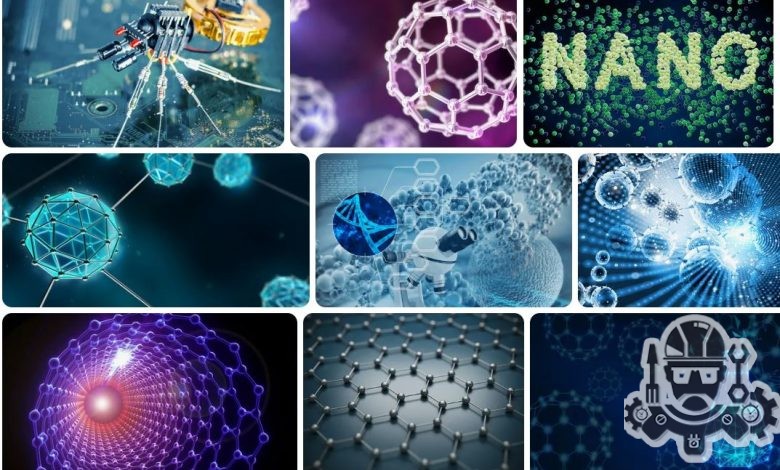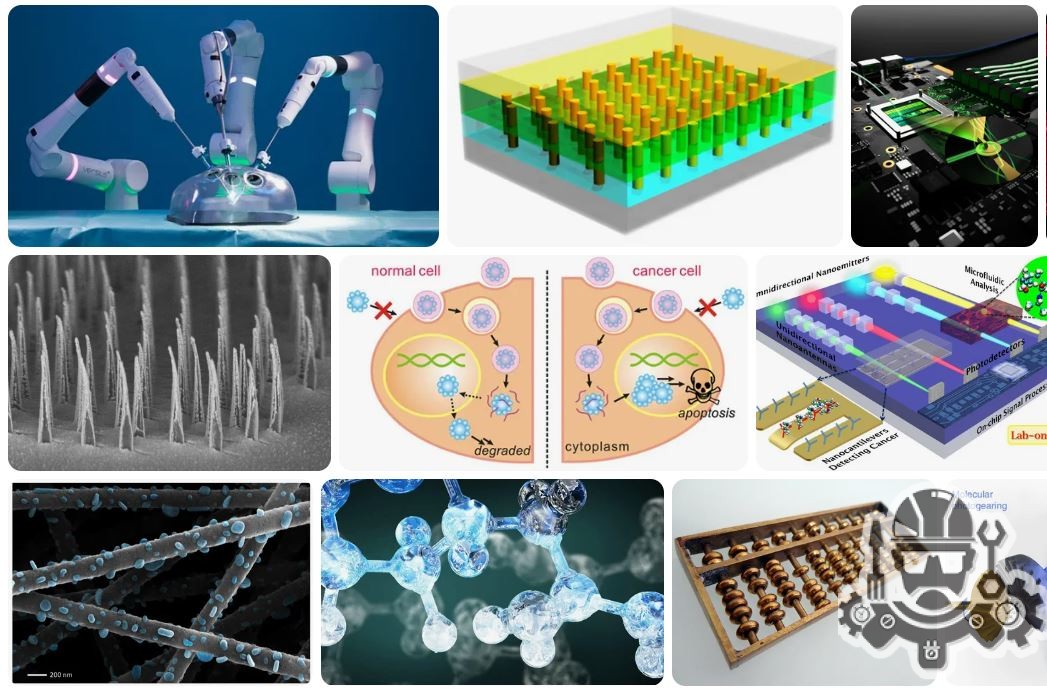Nanotechnology: Unleashing Small Wonders with Colossal Impacts in Engineering

In the vast landscape of engineering, one area that has been capturing the imagination of scientists and engineers alike is nanotechnology. As we delve into the realm of the infinitesimally small, we discover a world of possibilities that carry the potential for colossal impacts on various engineering disciplines. This article explores the marvels of nanotechnology and how its applications are reshaping the future of engineering.
Contents
The Nanoscale Revolution:
Nanotechnology operates at the nanoscale, dealing with structures and materials at the molecular and atomic levels. To put it into perspective, one nanometer is a billionth of a meter. At this scale, the properties of materials can behave in unique and sometimes unexpected ways, leading to groundbreaking innovations across different engineering domains.

Materials Engineering: Building Stronger, Lighter, and Smarter:
Nanotechnology has revolutionized materials engineering, allowing for the creation of substances with enhanced properties. Engineers can now develop materials that are not only stronger and more durable but also lighter and more versatile. Imagine building structures with materials that are not only incredibly robust but also environmentally friendly, ushering in a new era of sustainable engineering practices.
Electronics and Computing: Powering the Next Generation:
In the realm of electronics, nanotechnology has paved the way for smaller and more powerful devices. From ultra-fast processors to more efficient energy storage solutions, engineers are harnessing the power of nanoscale components to push the boundaries of what is possible in the world of computing. The era of smaller, faster, and more energy-efficient electronic devices is upon us.
Medicine and Biotechnology: Precision Healing:
Nanotechnology has also found its way into the field of medicine, offering unprecedented opportunities for targeted drug delivery, early disease detection, and personalized treatments. Engineers are working hand-in-hand with medical professionals to create nanoscale devices that can navigate the human body, delivering treatments directly to affected cells with remarkable precision.
Environmental Engineering: Cleaning Up with Nanomaterials:
Environmental challenges are being met with innovative solutions through the use of nanomaterials. From efficient water purification systems to advanced air filtration technologies, nanotechnology is playing a crucial role in developing sustainable solutions for a cleaner and healthier planet.
Conclusion:
As engineers continue to unlock the potential of nanotechnology, the impact on various engineering disciplines is becoming increasingly evident. The small wonders at the nanoscale are leading to big strides in materials engineering, electronics, medicine, and environmental sustainability. The future of engineering is being shaped by these tiny yet powerful innovations, showcasing that sometimes, the smallest things can make the biggest difference.
Nanotechnology is a field of science, engineering, and technology that involves the manipulation of matter at the nanoscale. The term nano refers to a billionth of a meter, and nanotechnology focuses on structures, materials, and devices that typically range in size from 1 to 100 nanometers.
1- Medicine and Healthcare
2- Electronics and Computing
3- Materials Science
4- Energy
5- Environmental Remediation
6- Aerospace



